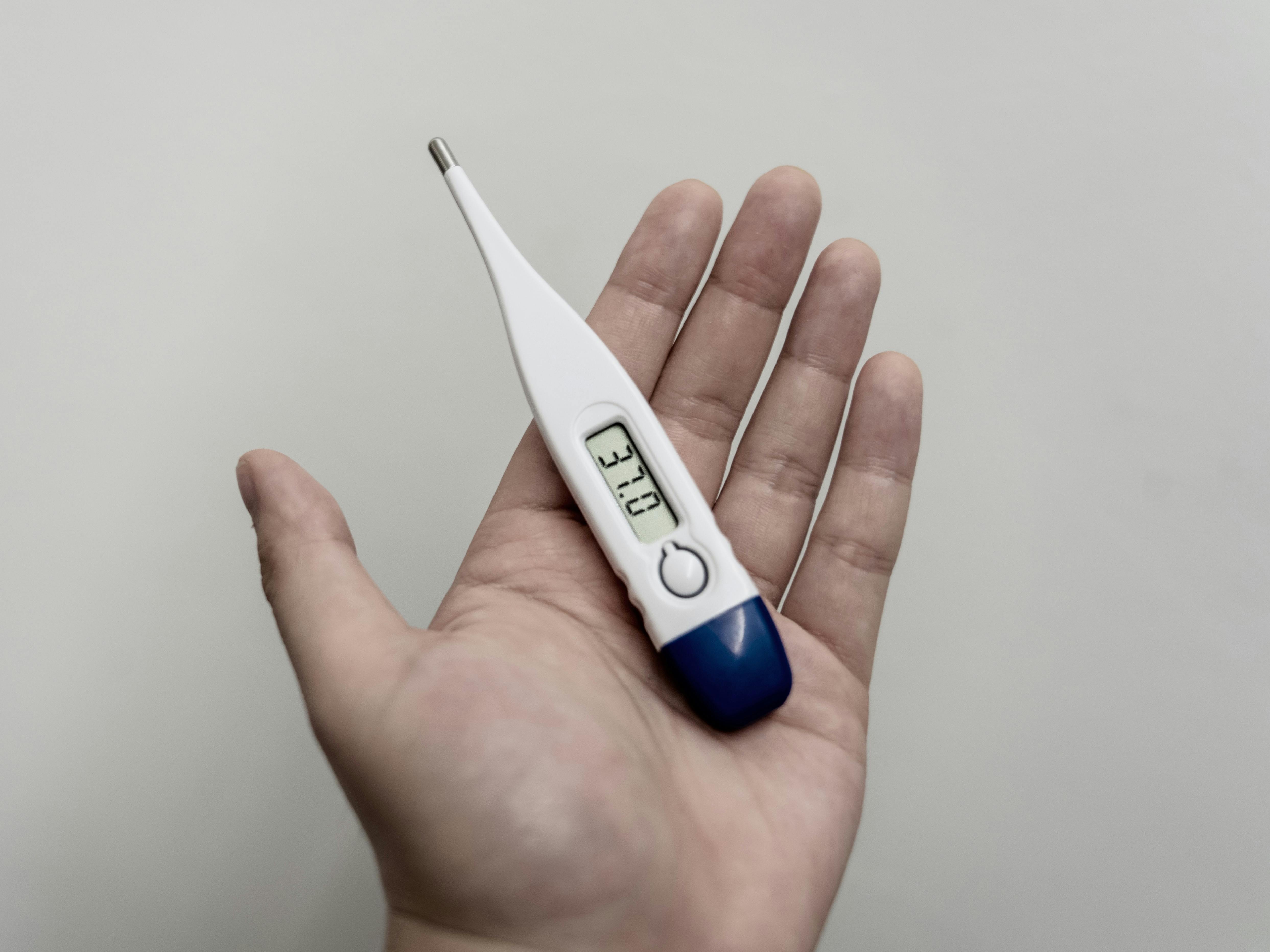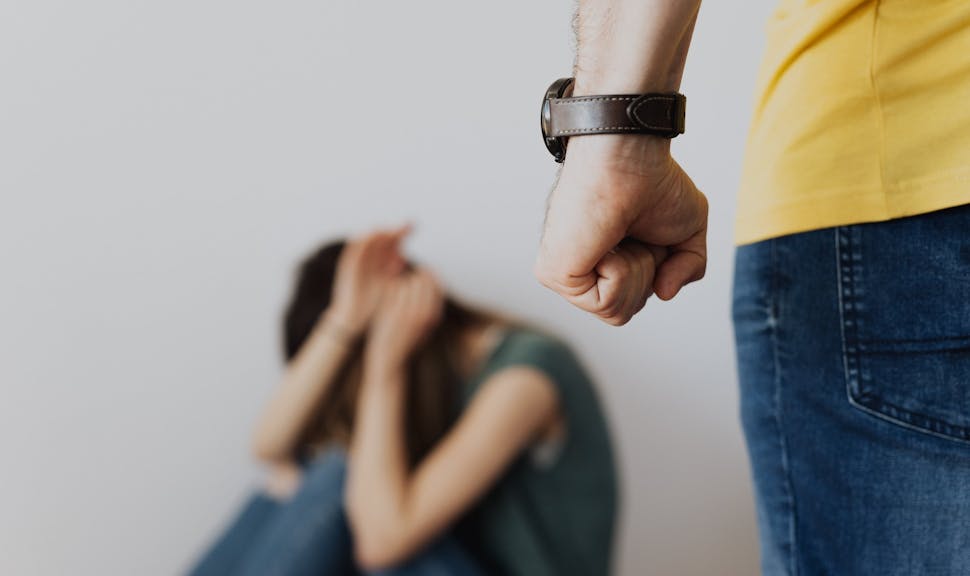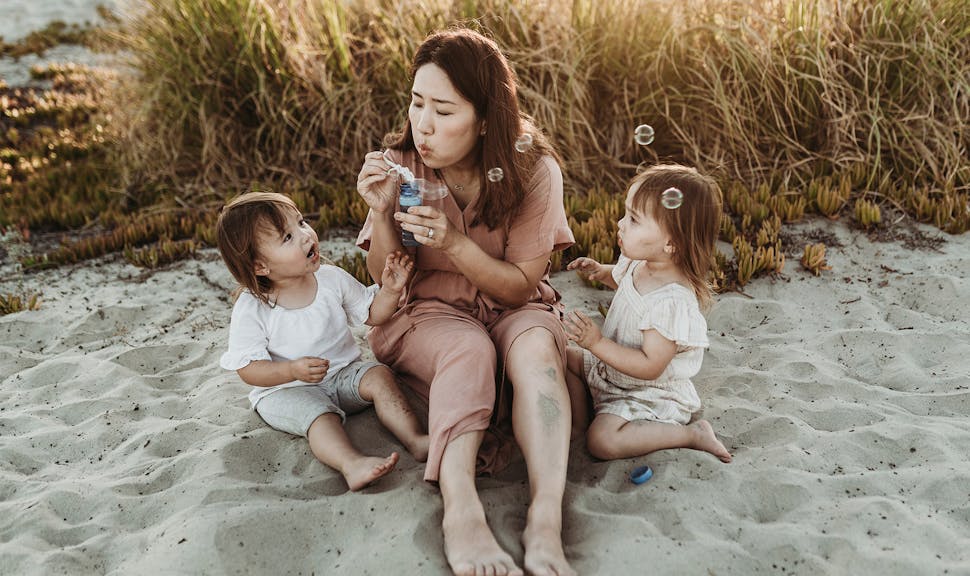
January 30, 2022
Stress less – it might protect you from Covid
While many have acknowledged the decline in mental health since early 2020, what has gone mostly unspoken is how these feelings may be connected to your likelihood of getting sick.
4 minutes
By Dr. Annie Ginty, Assistant professor of psychology and neuroscience, Baylor University & Dr. Sarah Pressman, Associate Professor of Psychological Science, University of California, Irvine
Original content: The Conversation, in partnership with the AXA Research Fund
While stress has always been around, in 2021 it has seemed utterly inescapable. Between the stress of family possibly getting very ill, increased care responsibilities, perpetual concern about lost income, the pain of social disconnection, and the rise of new variants, the stressors are never-ending.
Not surprisingly, recent US surveys have reported that 55% of the general population felt increased stress during the pandemic and university students around the world reported pandemic-related increases in depression and anxiety.
While many have acknowledged the decline in mental health since early 2020, what has gone mostly unspoken is how these feelings may be connected to your likelihood of getting sick.
How stress makes you sick
You may have heard previously that stress is bad for you, but perhaps you didn’t understand exactly how. In fact, researchers have been studying the mechanisms of how this works for decades. This body of evidence has proven without question that stress can cause damaging changes to the immune system in both humans and animals.
Psychological scientist Sheldon Cohen and his colleagues have conducted a number of studies where healthy people are exposed to an upper respiratory infection via drops of virus placed directly into their nose. These participants are then quarantined in a hotel and monitored closely to determine who gets sick and who doesn’t.
One of the most important factors that predicts who gets sick and who stays well is prolonged psychological stress.
Individuals with stressors that persist for six months to two years (nearly the length of the pandemic so far) are almost three times more likely to become sick with an infectious agent as those who are unstressed. This phenomenon is specifically driven by stressors common to many of us today, including unemployment and enduring difficulties with family or friends.

Your stress levels could dictate whether you get sick or not when you're exposed to a virus. Winel Sutanto/Unsplash
But don’t be too disheartened. One important fact that is frequently missed in these studies is that even when a virus is put into your nose, your fate isn’t sealed. In fact, as many as a third of the participants are resilient to viruses known to make us quite ill including cold viruses, flu viruses, and even, you guessed it, coronaviruses. So, who are these people who tend to not get sick?
In a recent article, Cohen explained that while coronaviruses haven’t been studied nearly as much as cold and flu, there is reason to believe that some of the same protective factors will be relevant for the severity of coronavirus infection or resistance to it.
The biggest protective factors include feeling socially connected and supported and getting at least seven hours of sleep every night, but his studies over the years have also shown repeatedly that factors like lower stress and higher levels of positive emotions are also key to illness protection.
The role of inflammation
How do feelings of stress or stressful life experiences get under our skin to change our likelihood of getting sick? One of the key factors is inflammation.
Inflammation is responsible for critical trafficking of immune cells in your body so that the right cells are present in the right locations at the right times and at the right levels. When stress is high and long-lasting, the hormones in our body get unbalanced in a way that leads to higher than normal levels of inflammation and a host of adverse health outcomes.
As it happens, many of the preexisting conditions associated with severe Covid-19 symptoms and hospitalisation are also associated with higher levels of stress and inflammation, such as heart disease, diabetes, and obesity.
It has even been proposed that Covid-19 activates inflammation in a similar way that chronic stress does and results in a cytokine storm
. This may be partly due to activities of stress hormones like cortisol, revealed to be high in the most severe cases of Covid including an increased risk of death.
Taking stress seriously
Your stress and well-being matter, especially during a time of rebounding Covid-19 infection levels and new variants around the world.
Having an optimally functioning immune system has never been so critical. Even if you are lucky enough to live somewhere with Covid-19 levels that have levelled off or dropped, or if you have been immunised vaccinated, it turns out that stress, loneliness, sleep, and other inflammation-relevant phenomena are also key to how well your body responds to a vaccination. That is, how much protective antibody you produce in response to the vaccine.

Taking time to look after your mental health and spending time with friends can help you avoid illness. Felix Rostig/Unsplash
This gives us yet another reason to focus on our wellness right now. So please, follow the advice from decades of research: take your stress seriously and protect your well-being during this endlessly stressful time.
Stay socially connected, even if it has to be virtual. Focus on what you can control rather than what you can’t. Take time every day to do something that makes you happy. Rest. Prioritise your sleep and exercise.
And most importantly, listen to public health experts and get vaccinated, wear a mask, and wash your hands, but also remember that that’s not the end-all of staying healthy. Your mind affects your body in important and Covid-relevant ways, so taking care of your well-being, especially your stress level, is essential too.




